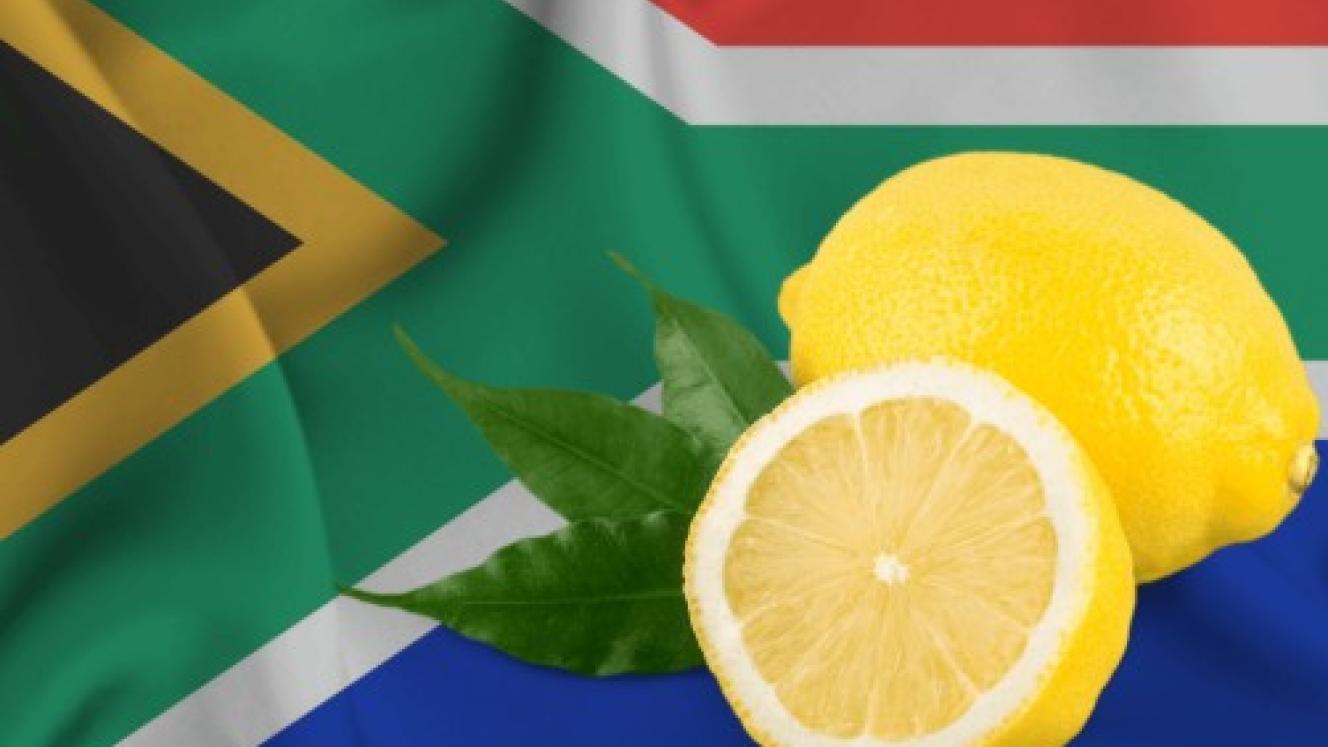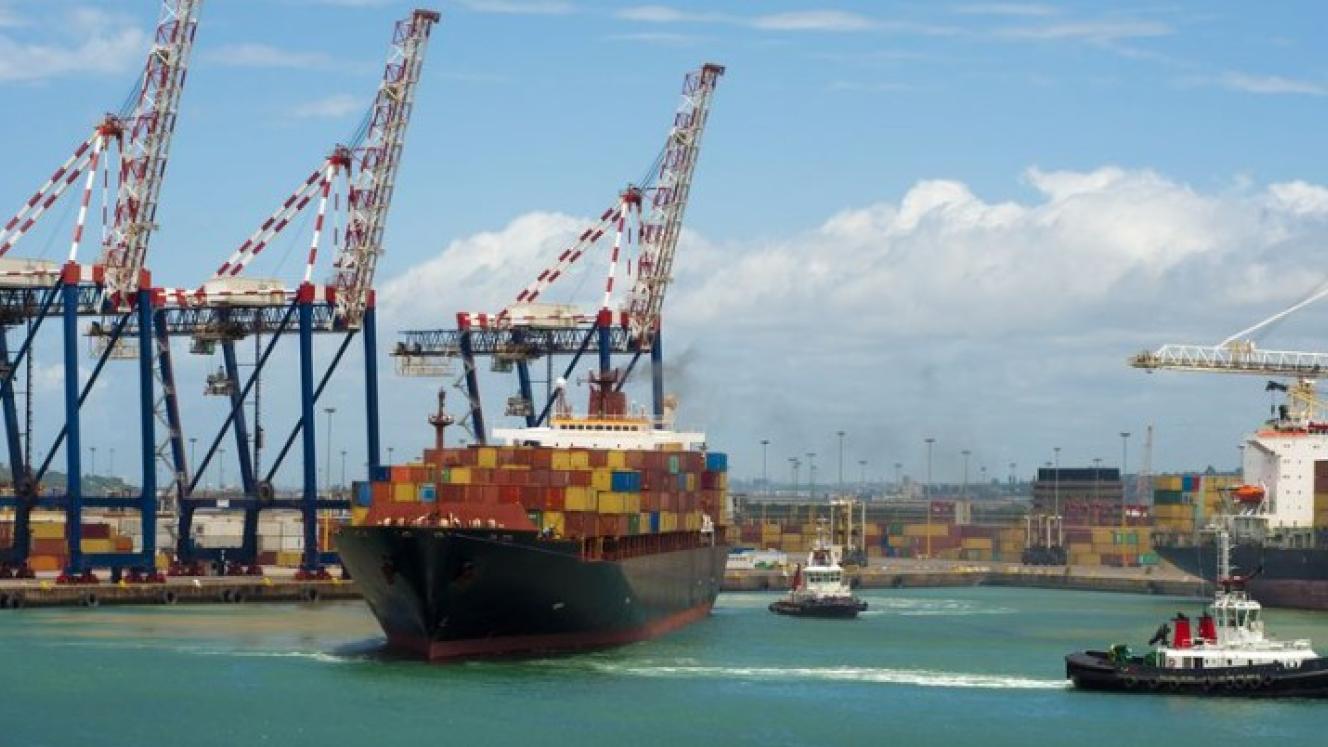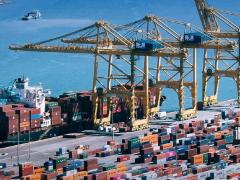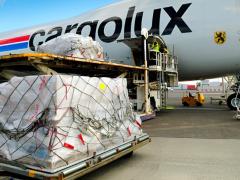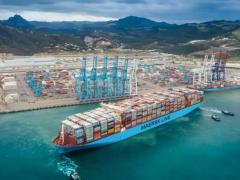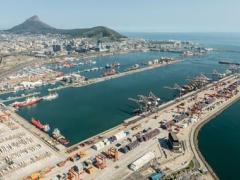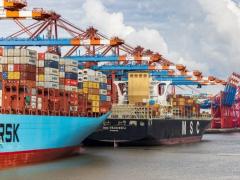As South Africa prepares to host the G20 Agriculture Ministers’ Meeting next week and the G20 Summit in November, the citrus industry is urging the government to capitalise on its hosting role to address the crippling 30% tariffs on exports to the United States.
With the US market critical for South Africa’s counter-seasonal citrus, the Citrus Growers’ Association of Southern Africa (CGA) sees the G20 gatherings as a pivotal opportunity to reshape trade dynamics through strategic diplomacy.
CGA chief executive Boitshoko Ntshabele, writing in his latest newsletter on Friday, cited Shane Parrish’s self-help book Clear Thinking, emphasising self-accountability in navigating global trade challenges.
“Self-accountability is the strength of realising that even though you don’t control everything, you do control how you respond to everything. Our response is a decision and a choice that we make, and it is very important that, as we do so, we use our strengths to mitigate risks,” Ntshabele said.
The US tariffs, part of the Trump administration’s reciprocal trade policy to pressure foreign governments into lowering barriers, threaten South Africa’s citrus sector, which employs over 140 000 people.
Despite a 5% projected increase in 2025 citrus shipments, the US duties jeopardise competitiveness in the US, a key market for off-season oranges, lemons and grapefruit that complement rather than compete with American production. Recent negotiations, including an “enhanced” trade proposal tabled in July, have yet to yield relief.
Ntshabele sees the G20 meetings as a chance to pivot.
“South Africa is next week hosting the G20 meeting on agriculture, and in November the G20 Summit, where South Africa will hand over the G20 presidency to the United States,” he said.
“As hosts, we can drive the agenda to create and build momentum on how the rest of the G20 responds to the ‘seismic changes’ in the international trade environment.” He proposed using sidebar discussions with G20 member countries and invitees visiting our country to address shifts in market access and exchange offers to soften the blows from reciprocal tariffs.
The Agriculture Ministers’ Meeting, set for September 18 in Cape Town, will convene leaders from major economies like the EU, China, India and Brazil to discuss food security and trade resilience. These talks, while not conclusive, could lay the groundwork for bilateral deals to diversify South Africa’s export markets, particularly in Asia and the Middle East, where demand for citrus is growing.
“While the G20 ministers of agriculture are visiting our shores next week, we have the opportunity to use their presence here to make requests and exchange offers through which we can offset each other’s trade woes,” Ntshabele said.
He added that South Africa’s position was strengthened by its non-threatening trade profile.
“We do not threaten US producers and jobs because we are counter-seasonal to US citrus producers,” Ntshabele said, highlighting this as an argument that could sway G20 counterparts.
Government officials, including Minister of Trade, Industry and Competition Parks Tau, have signalled openness to securing exemptions for seasonal products like citrus, which fill US market gaps without harming domestic growers.
“Beyond the headwinds we face in 2025, we still have 2026 ahead of us. Will we look back and say we took advantage of opportunities we had, or will we regret not seizing opportunities we were offered? Only time will tell,” Ntshabele added.
